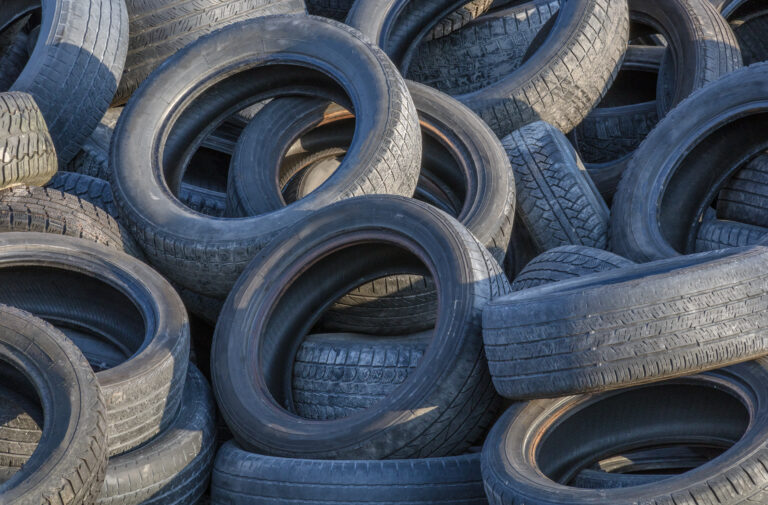The grants, ranging from US$250,000 to US$10m, aim to help businesses develop robust environmental product declarations (EPDs), which detail the environmental impacts of their products throughout their lifecycles. EPDs are akin to environmental labels that quantify the environmental impacts associated with a product’s production.
Among the grant recipients is the Scrap Tire Research and Education Foundation (STREF), based in Washington, DC. STREF has been awarded US$3,778,326 to develop EPDs for the tire recycling industry. This project focuses on creating a product category rule (PCR) for tire recycling, aiming to fill a gap in the industry’s data on environmental impacts.
The project will highlight the use of ground tire rubber (GTR) from recycled tires as a low-carbon modifier in asphalt mixtures. GTR’s inclusion in asphalt helps extend pavement life and maintain smoother surfaces, improving vehicle fuel efficiency and reducing overall environmental impacts.
STREF will collaborate with the University of Missouri and Michigan Technological University to gather extensive field performance data on rubber-modified asphalt (RMA) pavements. This data will aim to support the production of EPDs for various GTR applications, including asphalt pavements, roofing and molded construction solutions.
The grants awarded by the EPA are part of a broader effort to provide more than US$2bn for the use of low-embodied carbon materials in federal buildings and transportation projects. This initiative, according to the EPA, will make it easier for government and institutional buyers to select climate-friendly construction materials.



